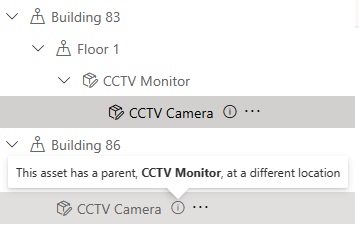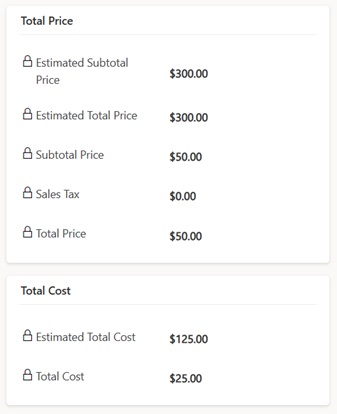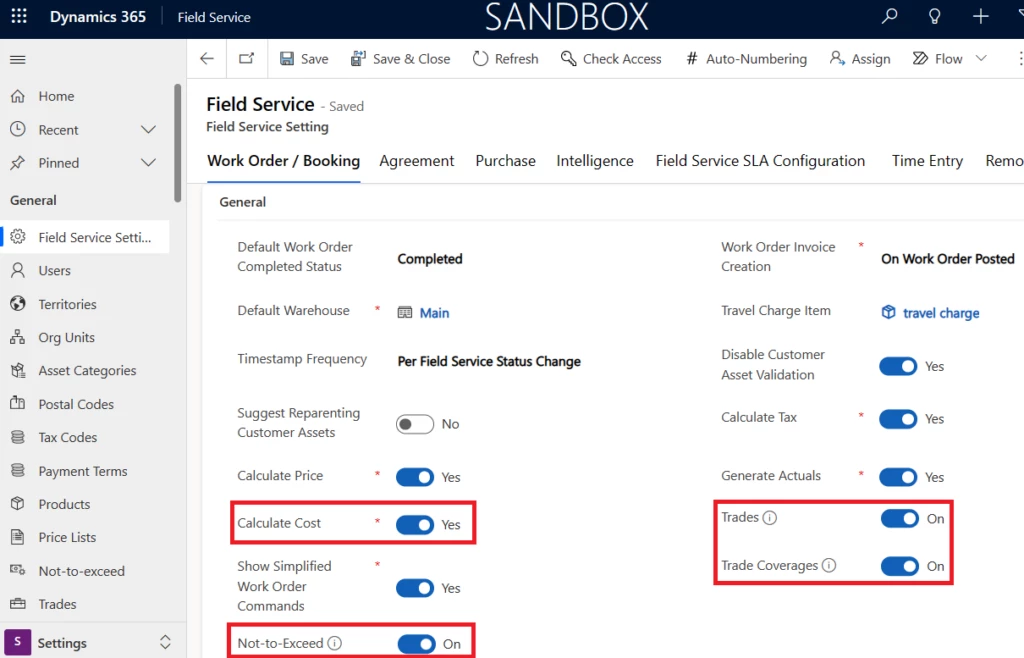Field Service Wave 1 2023 Features
We are excited to announce several new features that will help service organizations work more efficiently than ever before. The new not-to-exceed (NTE) feature ensures that work orders stay within budget, the trade and trade coverages features enable you to stay organized and efficient when providing groups of services to customers. In addition, significant performance improvements to the asset and functional location trees let you manage larger facilities and more complex assets. These features will streamline your workflow and save time, especially when working with vendors or subcontractors to fulfill jobs. Read on to learn more about how they work and why you should try them out today!
Not-to-Exceed functionality
Phenomenal service starts with understanding customers' needs and expectations. The new not-to-exceed feature allows you to capture your customer's price expectations before work begins. When new information changes work estimates, your frontline workers will be warned about going over the customer's expected cost. This provides an opportunity to seek approval for additional charges before any work is performed.

Not to exceeds can be captured manually on work orders or be automatically applied when onboarding customers onto your service network. Customers often automatically approve work that is recurring, preventative, or low cost. By capturing expectations when onboarding a customer, they will be automatically applied to work orders, cutting out back-and-forth communications about pricing and expediting job completion.
In addition, cost expectations can be set via not-to-exceed values or based on a margin of the price expectations. For example, when your organization contracts maintenance of a location to a vendor, and you expect to make a 30% margin on these maintenance work orders. The system can automatically apply the appropriate price not-to-exceed to the work order for the customer and apply a cost not-to-exceed 30% less than the price, ensuring the vendor contacts you if costs are higher. This ensures your margin expectations are met by coordinating all stakeholders directly on the work order.
Trade and Trade Coverage
Set up trades to organize the services you offer and expedite work order setup. Instead of combing through hundreds of incident types when creating a work order, start with the trade. By applying a trade, the work order gains context about the job, letting it filter to only relevant incidents, and apply more appropriate not-to-exceeds. In addition, you can describe the services each customer should and should not receive as trade coverages. For example, you might provide roofing, pest control, and appliance services to the owner of a property, but only appliance services to the tenant. If a customer requests work that they are not covered for, the system will provide a warning for a chance to contact the customer or apply special pricing before moving forward. By setting up trades and trade coverages, the work order experience is streamlined to be more relevant to the customer's problem.

Manage larger facilities and more complex assets
Significant performance improvements to the asset and functional location trees allow you to manage locations and assets at scale. Customers with 5000 assets will see load times go from 15 seconds down to 0.5s. In addition, asset systems that span across multiple locations are easier to manage with the updated user experience. Child assets at a different location than their parent will show both under their location and the parent asset in the tree with icons and tooltip explanations. For example, a CCTV security system at a campus spans two buildings: 83 and 86. The CCTV monitoring system at building 83 will show the child camera asset beneath it with an info icon. The CCTV camera will also show under building 86 with an info icon. Hovering over the icons will show a tooltip calling out the related asset, making for an easy search to pull up its details.

Track work order cost totals
Organizations can now track work order costs with enhanced total cards. Work order totals include the sum of all products and services with taxes. No more digging through product and service line items or creating custom fields to calculate the total cost of products and services on work orders!

Turn on new features
Go to Field Service Settings > Work Order / Booking tab, turn on these new features, and try them out today!

Learn More
The post Field Service Wave 1 2023 Features appeared first on Microsoft Dynamics 365 Blog.
This was originally posted here.





 Like
Like Report
Report
*This post is locked for comments